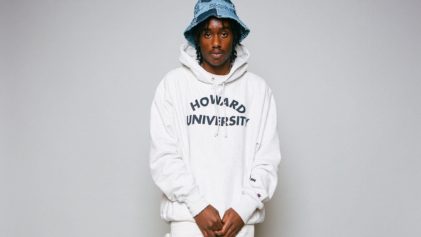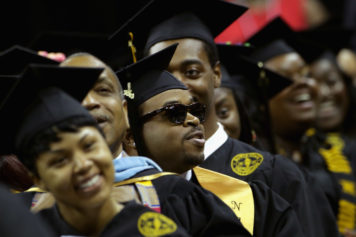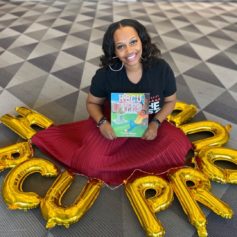This weekend launched the time of year that hundreds of thousands of us look forward to almost as much as we do Christmas or our own birthday:
Homecoming weekend.
For the next six weeks, historically black colleges and universities around the country will be inundated with alumni returning to their alma mater for two days of activities that challenges emotions, memory, discipline and stamina.
It’s one heck of a time, a time-honored tradition that is equal parts reunion and festival. It’s sort of the gift that keeps on giving, a yearly rite of passage that comes with the almost indescribable HBCU experience.
And that’s why I wrote the novel, “Homecoming Weekend,” which has been lauded by many as an authentic breakthrough book on the black college experience and how it impacts its students. For life.
Two years ago, while walking down Presidential Parkway on Norfolk State University’s campus following our homecoming football game, my friend and fraternity brother Randy Brown took in the enormous mass of people and breathed in the intoxicating spirit of the occasion.
He had not been to homecoming in a decade, and had forgotten the enormity of the event. “Wow,” he said, “this looks like a movie.”
And in that very moment, I knew I would pen a novel about all homecoming offers. Of the five books I have written, this one is the most personal because I truly lived this experience . . . over and over again.
Essentially, I spent the better part of 29 years researching “Homecoming Weekend.” Each time I went back to homecoming – or visited other schools’ homecoming – I was unwittingly fortified with information that would help me craft a novel that is smart, funny, romantic, interesting, emotional, engaging and enjoyable. Those are the descriptions from readers, not mine.
No, the book is not my story. Not really. Not completely. At the same time, it is the story of anyone who has attended an HBCU and gone back to homecoming. And in that way, it is an important book, important because the HBCU experience is a sacred one, something that extends beyond the education we received.
It’s called “homecoming” because it feels like a visit home. Every time. The campus is the place where we grew from know-nothing teenagers into know-a-little-something young adults. It is warm and familiar. Comfortable. Nostalgic. Our classmates are like family – some you love and are happy to see; some you are surprised to see; and some you’d rather not see at all. Just like family.
That’s why the book is important – it makes the clear and undeniable distinction that HBCUs matter, are needed and must survive. In this time where many of our schools’ existence are threatened by financial concerns, it is important – to me, at least – that we read about the virtues of black colleges, how they have influenced us and remain an important element of who we have become.
In the back of “Homecoming Weekend” are testimonies from more than a dozen HBCU graduates who espouse the value of their college experience in general and homecoming in particular – an invaluable part of the book. There also is a list of all HBCUs in the country, and each one of them from now through mid-November will be the site of so much fun and drama and enjoyment.
Just like in the book.
(You can find “Homecoming Weekend” in bookstores across the country and at www.curtisbunn.com.)
Curtis Bunn is a best-selling novelist and national award-winning sports journalist who has worked at The Washington Times, NY Newsday, The New York Daily News and The Atlanta Journal-Constitution.


